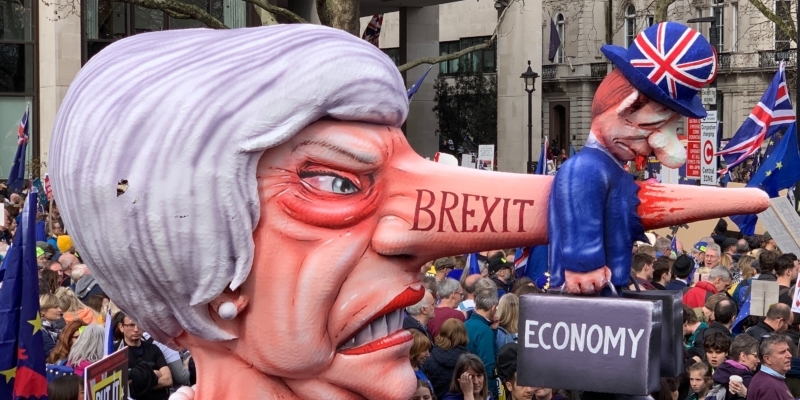
The will surely be a historic day for the United Kingdom; voters will either decide to remain part of the European Union, or else they will choose to rescind their membership after joining the bloc in 1973.
With both ‘Yes’ and ‘No’ camps gearing up for a fierce campaign, economic, social and legislative arguments are being drawn up for both sides. But what does a potential Brexit mean for over 1.5 million British expats that are currently living in EU Member States?
The vast majority of British expats currently live in Spain, Ireland, France, Germany, and other nations including Cyprus and Malta. The ‘Remain Camp’ has highlighted several salient points that should be considered in light of the various British Diasporas scattered across the EU.
The main argument is that British voters seem to be taking a lot of rights and benefits they enjoy as European citizens for granted, including the right to freedom of movement, access to healthcare and benefits, and the right to property. The greatest risk from a potential Brexit is that UK citizens in EU Member states cannot assume that these rights will be guaranteed.
British expats can be rest assured that they will not be deported if a Brexit happens. There are several reasons why this constitutes a highly unlikely situation including the notion of ‘acquired rights’ that is covered by the Vienna Convention of 1969, which clearly stipulates that rights, obligations or legal situations accrued prior to the termination of a treaty cannot be affected.
This means that British expats that have made use of their European right of freedom of movement before a Brexit will retain that right—but this will not apply to anyone willing to relocate after a potential Brexit. If the UK leaves, the ability to live and work in EU nations will then depend on the individual negotiations the UK makes with each Member State.
If you are currently working and living in an EU Member State, you will still be able to retain your job. However, the worst case scenario would be that British citizens would need to satisfy more rules for obtaining a work permit, opening up a business, or studying. This will all depend on the negotiation trade pacts that the British government will set up with each Member State, but there is no guarantee that the EU will be too keen to accept all of the UK’s terms.
This may happen but it is also an unlikely scenario, especially when one considers that there are over 3 million EU national currently residing in the UK. Despite this, there are fears that a potential Brexit will have an impact on retired expats’ access to pensions, healthcare and public services, as there is no requirement under EU Law for these rights to be retained. Agreements can be reached to keep these rights in exchange for reciprocation for EU citizens in the UK, but such agreements may take up to ten years to be finalised.
Every EU Member State has to respect individual property rights, so you will never be in the risk of losing any property you purchased as an expat. However, these countries may set up a number of measures towards British homeowners, such as making them pay more tax.
Quick
We open your company in Malta in 2 to 5 working days.
Simple
We keep things simple so you understand the process.
Easy
We are easy to deal with and always available for you.